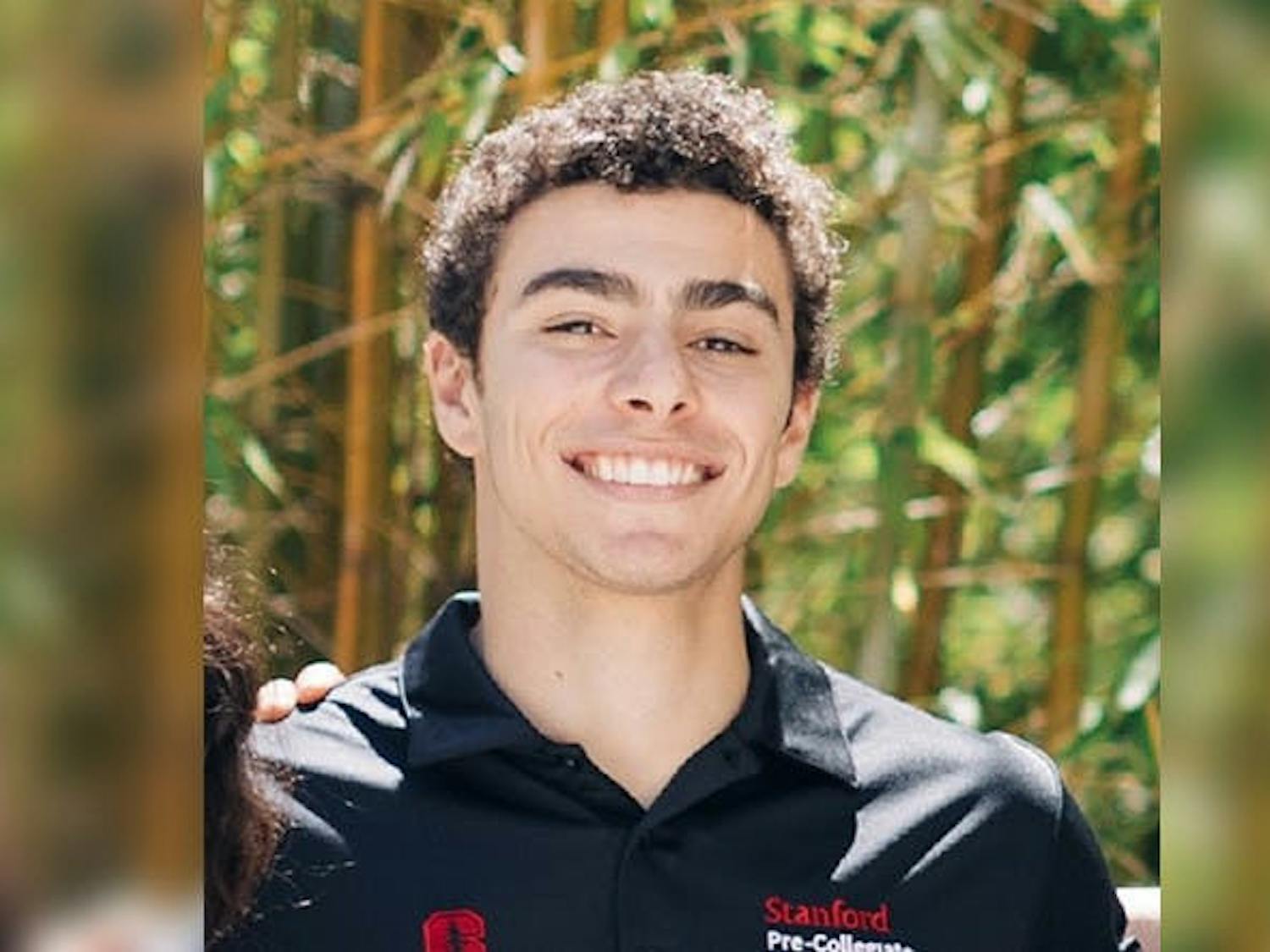The Penn men's swimming team has promised revenge after a tired and frustrated Quakers squad was upset by Yale at the Colgate Invitational on Saturday. Penn finished second in the meet, defeating weak Colgate and Marist teams, but the loss to the Elis was the only issue the Red and Blue focused on. "We are a better team than Yale. There is no doubt about that," sophomore Brian Cohen said. "The older guys are trying to emphasize that. Had this been a dual meet, we would have beaten Yale. If we were completely healthy, it wouldn't have been close. We want to prove that at Easterns." Cohen's one victory and two second-place finishes helped keep the Quakers close. He won the one hundred-yard butterfly in 51.38 seconds, and finished second to Quakers freshman Matt Reilly in both the 100- and 200-yard backstroke events. "He swam over and above what we expected," senior co-captain Jeff Brown said. The other high water mark in the meet was Penn's finish in the 100-yard breaststroke. Senior Matt Robon led the Quakers to a sweep of the top four places in the race which closed the Elis' lead to a narrow margin. "Getting the one-through-four sweep was a big help," Cohen said. "The event before was the 200-yard backstroke where we took first and second. It was a turning point. We were behind Yale and it got us close." Strong individual performances by the Quakers were nullified by an unusual scoring system. The Colgate Invitational scoring system put a Penn team still struggling with illness at a distinct disadvantage by putting added emphasis on second- and third-place finishers in each race. Penn's many wins in individual races did not receive the extra points normally awarded, making the event less of a swim meet and more of a war of attrition. The Quakers' biggest obstacle was not the scoring system, but rather a dearth of divers. Only freshman Kyle Goldbacher competed in the diving competition for Penn. Yale had four divers competing, and with the top eight finishers scoring points, Goldbacher's effort could not possibly match the Elis' scoring potential. "He did everything he could," Cohen said. "But only having one diver worked to our disadvantage." Penn also failed to capitalize on the relay events, usually one of the team's strengths, which were worth double their usual point value. Although the team considered their performance in the relays fairly good, Penn missed out on an opportunity to tighten the meet. "Going into the meet we knew it would be tough," Cohen said. "It's a long meet in a short period of time. It's really tough."
The Daily Pennsylvanian is an independent, student-run newspaper. Please consider making a donation to support the coverage that shapes the University. Your generosity ensures a future of strong journalism at Penn.
DonateMore Like This
Here’s how Penn plans to celebrate America’s 250th anniversary
By
Arti Jain
·
10 hours ago
Van Pelt Library discontinues bag check security policy
By
Christine Oh
·
10 hours ago








